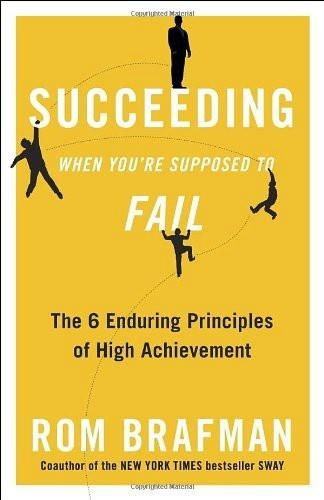how to make money when the stock market goes down,How to Make Money When the Stock Market Goes Down
How to Make Money When the Stock Market Goes Down
When the stock market takes a downturn, it can be a daunting time for investors. However, it’s important to remember that every bear market presents opportunities for those who know how to navigate it wisely. In this article, we’ll explore various strategies to help you make money when the stock market goes down.
Understanding Bear Markets

A bear market is characterized by a significant decline in stock prices, typically a drop of 20% or more from their peak. While it’s a challenging time for investors, it’s also an opportunity to capitalize on undervalued assets.
Before diving into strategies, it’s crucial to understand the factors that contribute to a bear market. These can include economic downturns, political instability, or even unexpected events like the COVID-19 pandemic.
1. Diversify Your Portfolio

Diversification is key to mitigating risk during a bear market. By spreading your investments across various asset classes, sectors, and geographical regions, you can reduce the impact of a downturn in any one area.
Consider adding bonds, real estate, or even alternative investments like commodities or cryptocurrencies to your portfolio. This diversification can help stabilize your returns and protect against significant losses.
2. Focus on Dividend Stocks

Dividend stocks can be a valuable addition to your portfolio during a bear market. These stocks provide regular income in the form of dividends, which can help offset the losses from falling stock prices.
Look for companies with a strong history of paying dividends and a stable business model. These companies are more likely to continue paying dividends even during tough economic times.
3. Invest in Blue-Chip Stocks
Blue-chip stocks are shares of well-established, financially stable companies with a long history of profitability. These companies often have strong market positions and are less likely to be affected by market downturns.
Investing in blue-chip stocks can provide a level of security during a bear market, as these companies tend to weather economic storms better than smaller, more volatile stocks.
4. Take Advantage of Market Volatility
Market volatility can create opportunities for investors to buy undervalued assets. When stock prices fall, it’s often a good time to look for companies with strong fundamentals that have been unfairly punished by the market.
Use technical analysis and fundamental analysis to identify undervalued stocks and consider adding them to your portfolio. Remember to do thorough research before making any investment decisions.
5. Consider Short Selling
Short selling is a strategy where you borrow shares of a stock and sell them at the current market price, with the intention of buying them back at a lower price in the future. This strategy can be profitable when stock prices are falling.
However, short selling is a complex and risky strategy that requires a thorough understanding of the market and the ability to predict stock price movements. It’s important to only engage in short selling if you’re confident in your analysis and risk tolerance.
6. Stay Informed and Patient
During a bear market, it’s crucial to stay informed about market trends and economic indicators. This will help you make informed decisions and avoid making impulsive investments.
Additionally, patience is key. Bear markets can last for several months or even years, so it’s important to stay committed to your investment strategy and avoid panic selling.
7. Rebalance Your Portfolio
As the stock market fluctuates, the allocation of your investments may shift. Rebalancing your portfolio ensures that you maintain your desired asset allocation and risk level.
Rebalance your portfolio periodically to ensure that you’re not overexposed to any particular asset class or sector. This can help protect your investments and maximize returns over the long term.
By following these strategies, you can navigate a bear market with confidence and potentially make money even when the stock market goes down.




